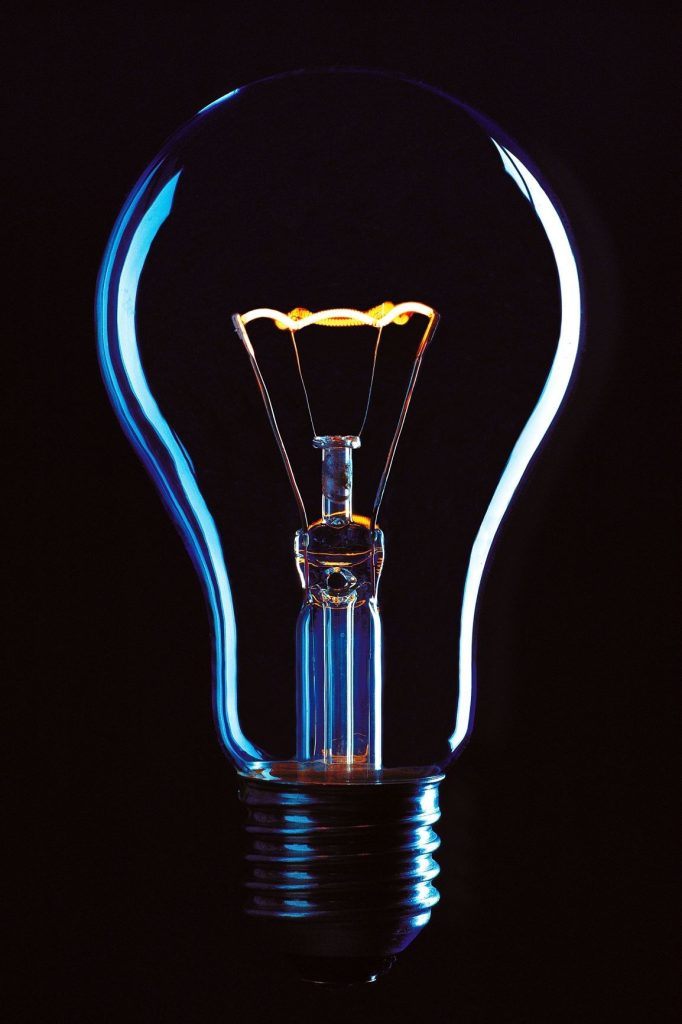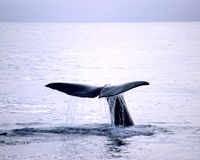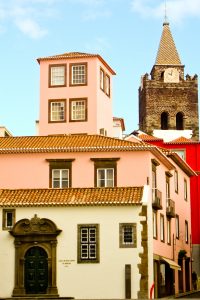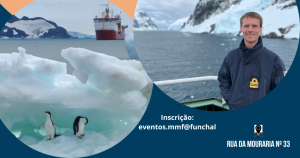The new Interreg EElabs project “Energy Efficiency Laboratories,” which runs from 2020 to 2022, intends to continues its campaign to reduce the amount of light pollution that affects sea birds, such as shearwaters, and bats, insects and others animals. Furthermore, studies suggest that young people are being blinded by excessive light.
Since 2019, the Portuguese Society for the Study of Birds (SPEA) has been running the Save a Marine Bird campaign. With a greater focus on the period between the 15th of October and the 15th of November, by raising awareness throughout the Region and creating good working practices, on how to reduce the amount of light we use.
SPEA regional coordinator and partner of the EELabs project in Madeira and the Azores, Cátia Gouveia, told reporters that “when birds leave their nests, they can become disoriented by excessive light to such a degree that they may collide with buildings or other structures and vehicles, become prey to dogs and cats and even perish due to dehydration.”
Since the reduction of light pollution is a priority within the Macaronesia, the EELabs project will continue the studies already undertaken in the archipelagos of Madeira, Azores and Canaries. “The new project seeks to measure the luminous contamination of protected natural ecosystems in Macaronesia through experimental laboratories, with the aim of finding out how artificial night light spreads. For this purpose, small devices will be installed – photometers – that will allow the daily measurement of light pollution levels in some of these islands.
And if this isn’t enough, artificial light prevents humans from being able to observe the stars properly at night.
Samantha Gannon
info at madeira-weekly.com
Photo: Alessandro Bianchi, Unsplash





